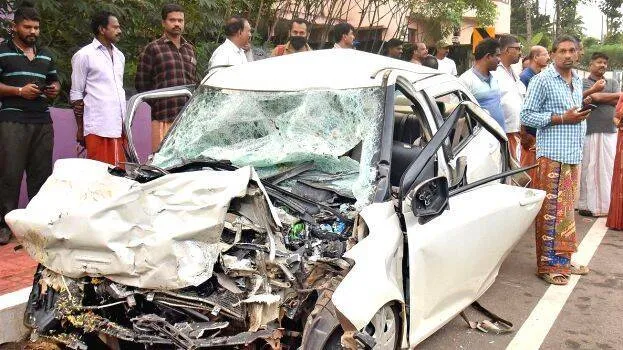

The number of vehicles and road accidents in the country is increasing day by day. Overcrowded roads, careless driving, traffic violations, and overspeeding are some of the main reasons. But beyond the numbers, accidents often shatter families and take away their hopes. Money cannot truly replace such losses, but the law provides for compensation, which gives at least some relief to victims and their families. Because of the high number of motor accident cases, special courts called Motor Accident Claims Tribunals (MACTs) were set up to handle them. However, even with these special courts, there are complaints that compensation cases take too long to be settled. Opposition from insurance companies and their reluctance to settle cases in court are major reasons for these delays.
Compensation is usually calculated based on the severity of the injury. If a person suffers injuries that prevent them from working, they are eligible for higher compensation. In case of death, the court calculates the loss of income considering the person’s education and job. Those who already had jobs usually get higher compensation, while those without jobs get less. Recently, the Supreme Court made an important observation that could change this approach. The court said that while deciding compensation for accident victims, not only education but also the potential job and career the victim could have had must be considered. This ruling came in a case from Delhi, where a 20-year-old B.Com student was injured in an accident and later died.
The victim was a final-year B.Com student and had enrolled in the Institute of Chartered Accountants. Both the tribunal and the High Court calculated compensation based on the minimum wages of an ordinary worker, stating that since he was not yet a Chartered Accountant, his potential income could not be considered. However, even if the compensation for a future Chartered Accountant had not been granted, the possibility that the student could have become a CA and earned accordingly cannot simply be ignored. The Supreme Court has indicated that such potential should also be taken into account and not restricted strictly within the narrow limits of the law. In future cases of this nature, special courts will have to consider this guidance as well, which could lead to higher compensation amounts.
Many parties prefer to go for settlements in accident cases. Even though settled cases cannot be appealed, people choose this option because it ensures quicker compensation. At the same time, the Supreme Court has already ruled that if an accident is caused due to the driver’s own fault—such as overspeeding, stunt driving, or traffic violations—the insurance company cannot be forced to pay compensation to the victim’s family. This makes it clear that everyone who takes a vehicle on the road must act with greater responsibility and care.